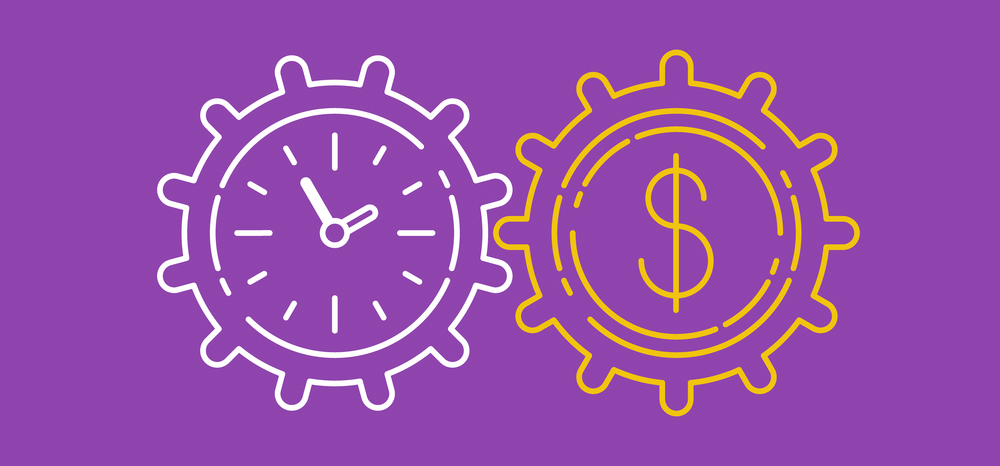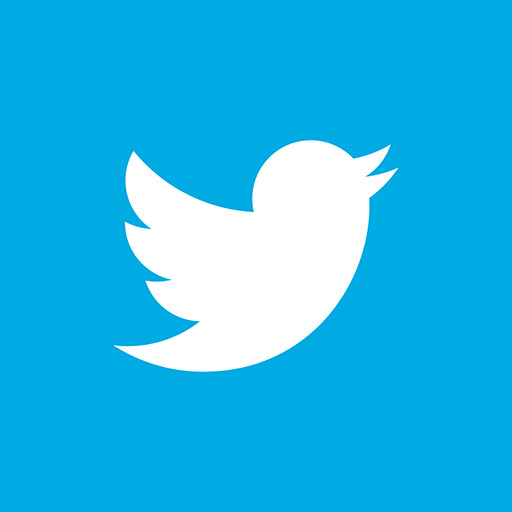When negotiating a rate for a particular project or assignment, it might make more sense to charge a flat fee or per word than by the hour. Even though it may not seem necessary to keep tabs on how much time was spent on a given assignment, here are a few reasons why it’s beneficial to always track your time:
You can learn your pace.
Figuring out the speed at which you get things done can help you determine if the rate for a job was reasonable. It also helps you determine how many projects you can handle in a given period. For instance, if you know it takes you four hours overall to complete a standard assignment for one of your clients, and you normally do a 40-hour workweek, then you’ll know not to take on more than eight similar assignments in a given week. And what might have taken two hours to do when you first started out may now take you half the time. Knowing that will help you learn more about your capabilities and how much work you can handle.
You can figure out your weaknesses and strengths.
If you’re a graphic designer, maybe you’re incredible at whipping up a great mockup in a short amount of time, but may find it a slog when prepping files for the printer. Knowing not only your strengths but your weaknesses will help you better manage your time. If you know it’s a struggle for you to prep files, you might want to schedule the more difficult, time-consuming tasks at a time of day when you are the most cogent and productive.
You can divide the work into separate categories.
Divvying the work into separate categories is helpful for several reasons: First, it’s much easier to invoice if you’re charging separate rates for different types of tasks for a project. For instance, if you are writer, you might charge different rates for research, proofreading, and writing. Or if you’re a building contractor, you might charge separately for researching the cost of equipment versus making on-site visits. Tracking your time will take a lot of the guesswork out and help you more accurately invoice the client.
It’s also helpful to know how long a specific task takes if you have too much on your plate and need to outsource certain tasks. For instance, by knowing how long it takes to proofread a 100-page survey report, you can use this as a starting point as to how much you can afford to pay someone else to do the proofreading portion. If it normally takes you 8 hours to proof a 100-page survey, you might want to just outsource half of the proofreading and do the other half yourself.
It’ll help you figure out how to charge in the future.
By tracking your time, you’ll have valuable info to help you figure out how much to charge for similar projects in the future. This is especially useful if you’re new to the world of freelancing or are taking on a new type of project. Some assignments may prove to take longer to complete than expected. You might have forgotten to consider other parts of the job, such as interviewing primary sources, writing proposals, or doing research. Even if you are charging a flat rate, having this information on hand will assist you in deciding if you want to charge more for similar assignments.
It’ll help you determine which payment method works best.
Finding out what payment method works best for both parties is something that can figured out after having some information under your belt. Think of the time you’ve tracked on assignments as part of your toolkit in helping you make decisions as a freelancer. You’ll be more knowledgeable to figure out how much you should charge for X, which mode of payment works best, and whether you currently have the bandwidth to take on an assignment.
Tracking your time provides valuable information to help you get paid a rate that works for you. It also helps you track your progress on any given job. As a freelancer you’re ultimately running your own business. The more data you have at your disposal, the easier it will be to optimize your time and resources.
If you’re just starting out with tracking your time, I highly recommend using Toggl which I have been using for a while and absolutely love. It’s free (at the least the version I use is) and super easy to figure out.





